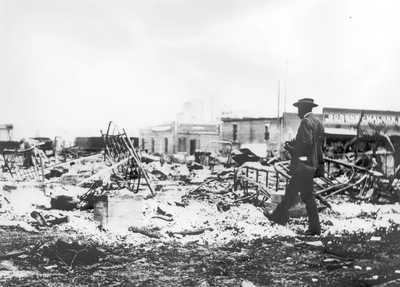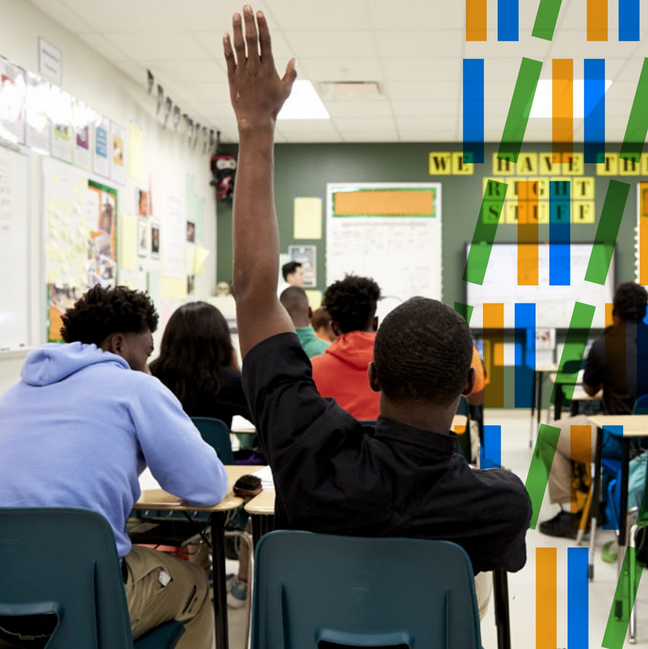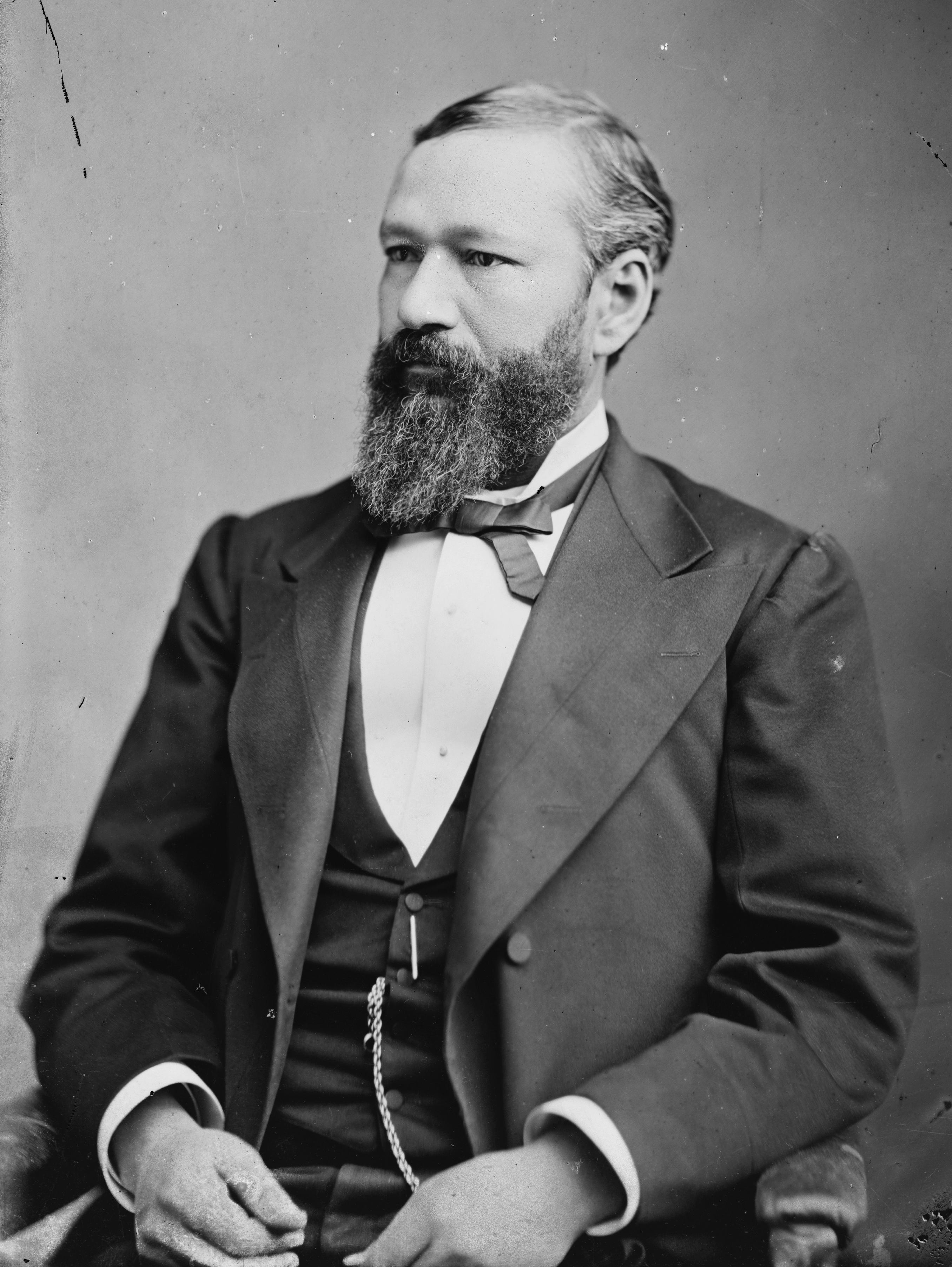This is a guest column by BESE Member Kira Orange Jones. To submit a piece for consideration please email info@publicschooladvocates.org.

The Tulsa Race Massacre. Juneteenth. The German Coast Uprising. The Louisiana Constitutional Convention of 1898.
These were all major events in the history of the United States and of the State of Louisiana. Yet they are not required to be taught in our state’s public schools. They are not part of our Louisiana student standards, which currently look more like white rice than our state’s jambalaya of history and living culture. There are many teachers I know who go above-and-beyond to integrate them into their instruction, but they will not appear on any state-developed assessments. And these events aren’t solely part of Black History, they are part of Louisiana and American History.
It was in this spirit that Representative Royce Duplessis brought forth House Resolution 55, a directive from the Louisiana Legislature, at the end of the recently adjourned First Extraordinary Session. This breakthrough legislation would have tasked the state Board of Elementary and Secondary Education (BESE), on which I sit, with studying the history of racism and its effect on public schools and for the Board to make recommendations for implementing anti-racism education. Due to the timeline for introduction of HR 55, Representative Duplessis ended up deferring the measure in good faith so that the committee and Legislature would be receptive to such a call during the next session, whether that be another special session or the Regular 2021 Session.
 |
And last month, that is exactly what happened. Education Committee Chairman Raymond Garofalo moved, with unanimous consent from committee members, to commission a research study to investigate historical racism and its impact on education in Louisiana today. Certainly, our state’s social studies standards will be a critical piece of this.
I am encouraged by and commend the steps taken by Representative Duplessis, Chairman Garofalo and their colleagues. Now we must begin the work in earnest.
To begin, it is imperative we take a deep look at what is required to be taught in our classrooms. Current K-12 Student Standards for Social Studies are insufficient to meaningfully address issues of race and equity, because they often gloss over the atrocities in our state’s and nation’s history and do not distill how that history continues to impact the structures and evolution of our state today.
Currently the social studies standards mention Washington and Adams, but say nothing of Douglass and Tubman. There is explicit mention of the Treaty of Versailles, but nothing of Jim Crow or landmark cases like Plessy v Ferguson. The Civil Rights movement is a small sub-bullet of the Cold War Era. Historical figures with vital contributions like P.B.S. Pinchback, former Louisianan politician and the country’s first African American Governor, are absent. Europeans and their influence are mentioned twelve times; Africans are mentioned five.

The chasm between the United States history that is currently required to be taught in our state’s schools, and the actual history that was lived and created by Black Americans needs to be reconciled. We, as educators, have a responsibility to revisit the omissions, mischaracterizations, and sometimes outright lies that have been embedded in our standards, our assessments, our curriculum, and our instruction. We have an obligation to help all students understand the facts and the legacy of that history.
For many of our state’s white students, their first experiences discussing the lives of Black folk is our schools. For many of our state’s Black students, their first exposure to what government and broader society believes about them and sees in them is in our schools. Schools play a powerful role in helping students deconstruct and construct, building fluency and empowerment in the social and political interactions that play out in their lives. Today, this requires new vision of what civics education and modern citizenship entails. As long as our students are expected to learn an incomplete and unnuanced rendition of our nation’s history, the deep roots of racism will never be disentangled from the American psyche.
As a proud American and Louisianan, I understand the importance of our standards conveying the great nation that we are. But I also believe that we are great because of what we have faced and overcome, because of where we started and how we’ve progressed since then, and because our diversity makes us stronger.
A potential first step is for high schools to offer an African American Studies elective class. But this alone does not offset the lopsidedness of our social studies standards.
Unless and until we are willing and able to face the facts of our past, which starts in large part with the history we are required to teach in our schools, we will not see significant progress towards the American ideal that I know all Louisianans want to see fulfilled in the decades ahead.
